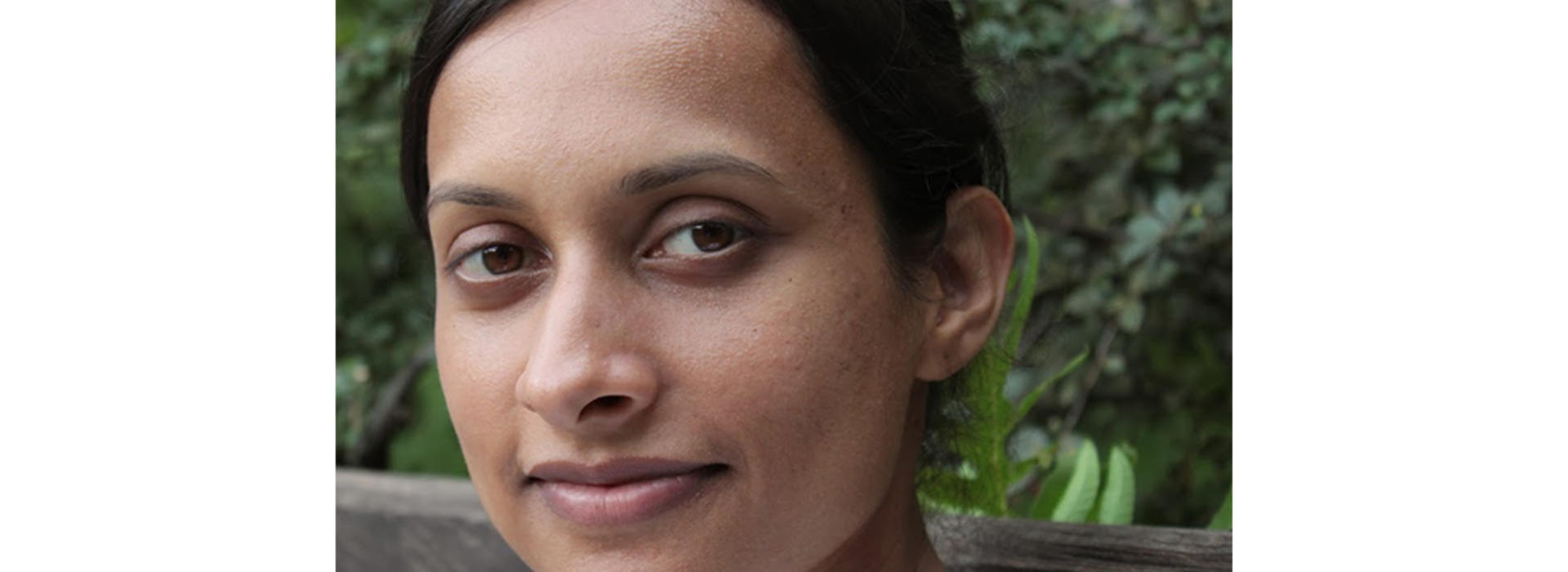
Radha Rajasingham, MD, Works to Help Frontline Workers During COVID-19
Before coming to Minnesota, Radha Rajasingham, MD, admits (with embarrassment) her inability to point out the state on a map. A Sri Lankan Canadian native of Toronto, Canada, she vied for a spot to study medicine at American medical schools—an opportunity harder to find as a foreign student. But, in 2004, Dr. Rajasingham received word of her acceptance at the University of Minnesota Medical School.
“Some of the most impactful experiences in medical school had to do with my fourth-year rotation, where I spent 10 weeks in Uganda and realized I had a passion for global health,” she said.
After graduating, Dr. Rajasingham moved to Boston to finish her Internal Medicine residency. A desire to spend another year abroad reconnected her with former mentor, David Boulware, MD, MPH, and she spent another year in Uganda working on his meningitis research team.
“I saw how clinical research can change national and international clinical guidelines and how that can improve clinical care on such a broad scale,” she said.
After finishing her Infectious Diseases fellowship in Boston, Dr. Rajasingham’s passion for global health and clinical research called her back to where it all began. Today, she’s an assistant professor in the Medical School’s Department of Medicine, Division of Infectious Diseases and International Medicine.
Studying Antifungal Treatments for Meningitis
Dr. Rajasingham studies public health approaches to prevent HIV-related cryptococcal meningitis in Africa. She evaluates current screening programs and is studying better antifungal treatments that may prevent meningitis.
“The current treatment is an oral antifungal, but about one in four people fail that treatment and go on to get meningitis, which has a really high mortality rate in Sub-Saharan Africa,” she said.
Her team started a clinical trial last June to study alternative antifungal treatments. By March, they had 70% of their total participants enrolled, but the onset of COVID-19 shut down research across the University—and around the world.
Studying COVID-19 Prevention Treatments for Healthcare Workers, First Responders
Dr. Rajasingham said her team, in partnership with Dr. Boulware, pivoted almost immediately to finding answers for COVID-19. Today, she leads one of the first clinical trials in the U.S. that’s studying if hydroxychloroquine can prevent the virus in high-risk healthcare workers or first responders, including police, firefighters, EMTs and others.
“If we find a drug that these groups can take to prevent them from getting sick, that will have such an amazing impact on our national and international public health response because we will have more people who are healthy and can take care of other people. They won’t have to choose between keeping their families safe and taking care of patients,” she said.
The team finished enrolling 1,500 participants in late May. Dr. Rajasingham hopes to have interim or final results by early July—answers she says, whether positive or negative, are important to overcome the pandemic.
“I hope that we can look back and say we asked an important question and objectively answered it,” Dr. Rajasingham said. “If our study is positive, people can take this drug and prevent COVID-19. But, if it’s negative, people can direct resources into something else that is promising. I hope that we’re able to move the field forward through our work.”